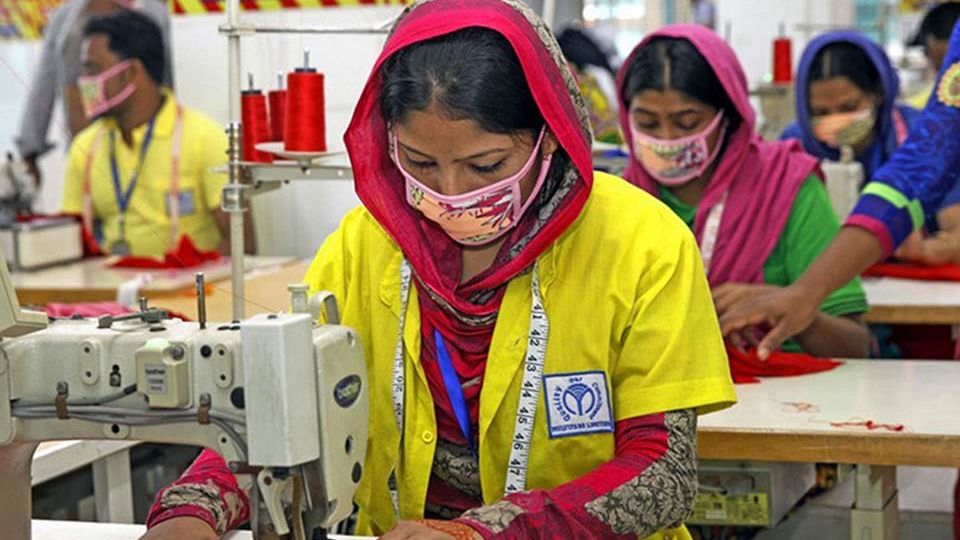October 2, 2024
DHAKA – It is outrageous that another garment worker’s life has been lost in the ongoing unrest, despite the recent tripartite agreement among the government, RMG owners, and workers. Kawsar Ahmed Khan, a sewing operator at Mango Tex factory, was fatally shot on Monday during a workers’ protest in Savar’s Ashulia. According to a report in this daily, law enforcers opened fire while attempting to control agitated workers after they allegedly vandalised five law enforcement vehicles. Prothom Alo reported that at least four others with bullet wounds were hospitalised. The mayhem also left at least seven law enforcers injured.
It is worth noting that even though all 18 demands of the workers were accepted on September 24, several factories have yet to fulfil immediate obligations such as paying arrears, attendance bonuses, and tiffin money. This has led to renewed protests. Even on Tuesday, workers from several factories staged demonstrations over these issues, while a number of factories remained closed. While it is a fact that the recent political unrest in the country, global economic downturn, and ongoing Russia-Ukraine war are negatively impacting RMG exports, this cannot be used as an excuse for delaying workers’ payments. The central bank has already offered soft loans to the apparel industry to pay August salaries. But further incentives to help ailing factories should be considered. Moreover, considering the potential consolidation of struggling factories under the present financial reality, an alternative plan should be devised to absorb the affected workforce.
But for now, the government must ensure that all commitments from the tripartite agreement are fully implemented, particularly the payment of outstanding bills and dismissal of cases intended to harass protesting workers. Besides, security in the industrial zones must be guaranteed, but never at the cost of workers’ lives. The use of lethal force to quell protests is unacceptable. After what the country went through in July and early August, we expect law enforcement agencies to exercise greater restraint in managing protests. Labour leaders also have a crucial role to play in mediating discussions between workers and owners, ensuring that workers’ grievances are properly addressed and that rumours do not further inflame tensions. It is imperative that all stakeholders come together to prevent further tragedy.


